History Makers
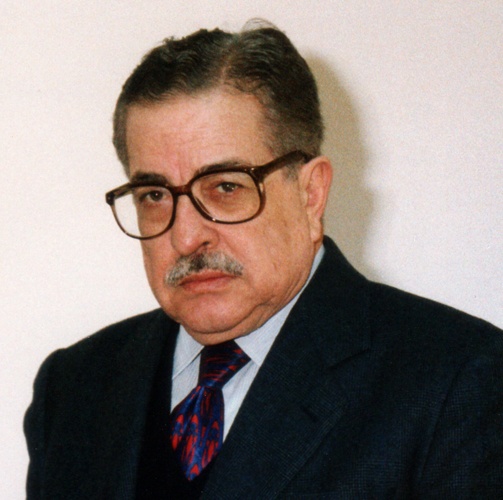
Mohammad Najm
Arabic Literature Scholar
- Great Scholars and Teachers
- AUB, BA 1946, MA 1948; King Fuad I University, MA 1951; Cairo University, PhD 1954
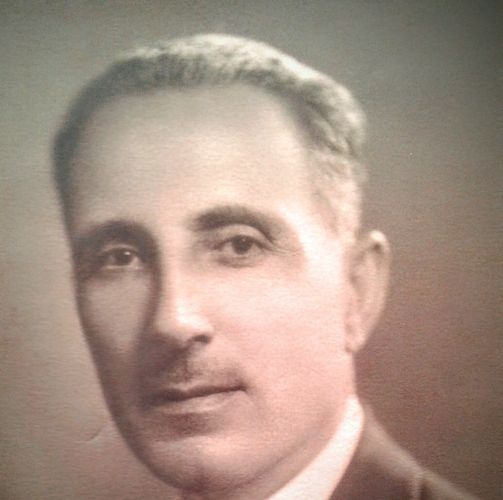
Anis K. Makdisi
Arabic Scholar, Poet
- Great Scholars and Teachers
- AUB, BA 1906, MA 1908
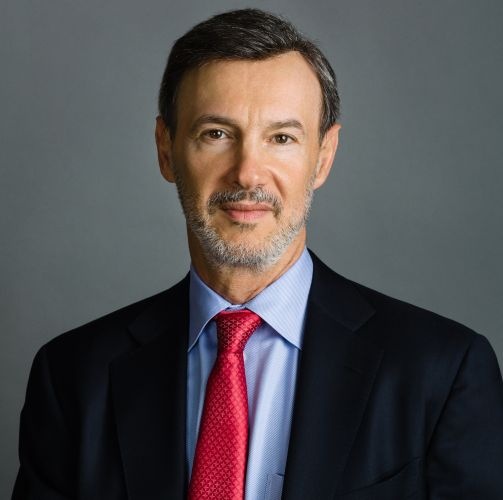
Raymond Debbane
Business Leader, Philanthropist
- Leaders in Business
- AUB, BS, Agricultural Sciences and Agricultural Engineering; University of California-Davis, MS, Food Science and Technology; Stanford Graduate School of Business, MBA
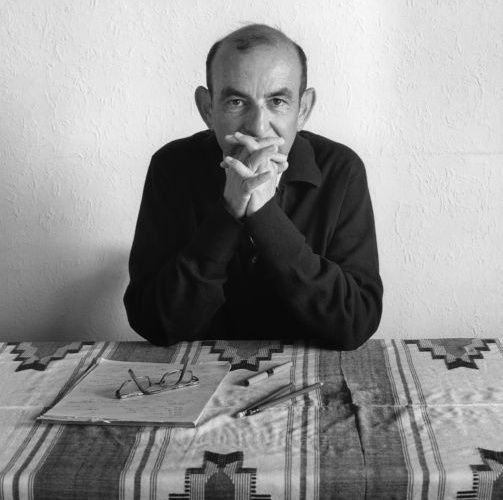
Raja Shehadeh
Writer, Human Rights Activist
- Virtuoso Artists and Writers
- AUB, BA, English Literature 1973
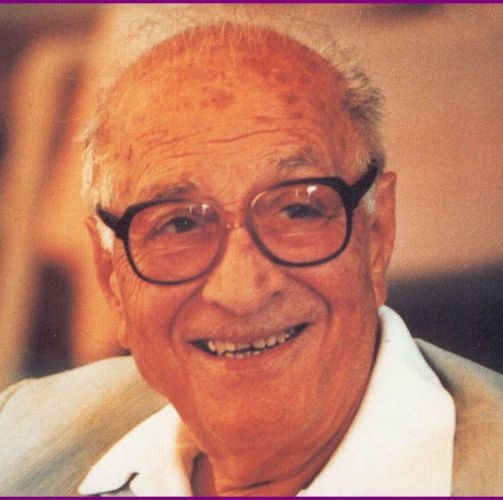
Khalid Idriss
Humanitarian Doctor, Healthcare Advocate
- Pioneers in Health
- AUB, MD 1936; University of Lyon, Post-doctorate
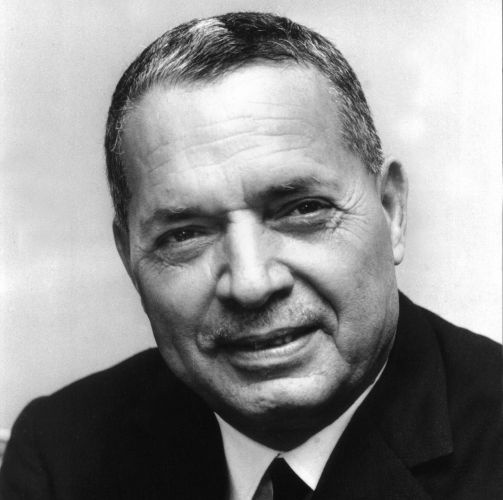
Kamel Abdel Rahman
Entrepreneur, Philanthropist
- Leaders in Business
- AUB, BA 1931
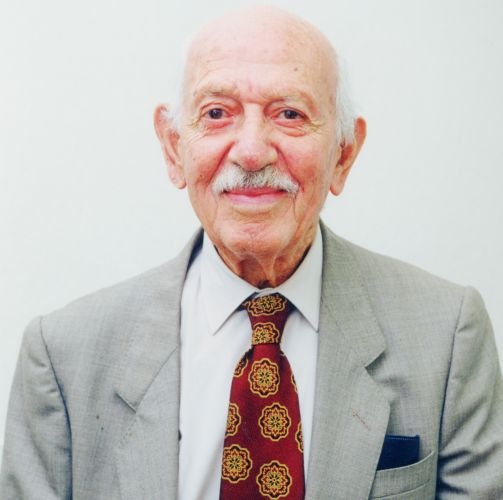
Abdul Mun’im Talhouk
Entomologist, Scholar, Teacher
- Great Scholars and Teachers
- AUB, BS Biology 1948, MS Biology 1955; University Munich, PhD 1960
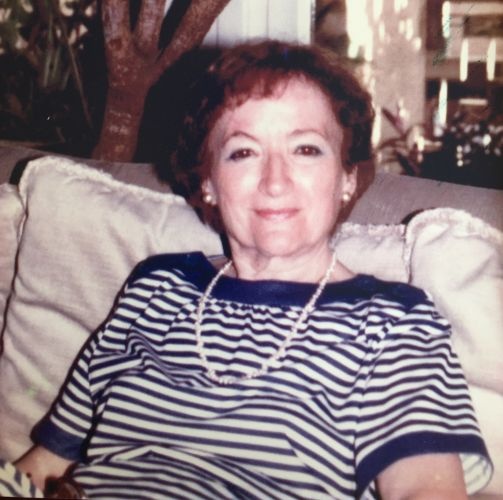
Edvick Jureidini Shayboub
Author, Pioneer
- Virtuoso Artists and Writers
- AUB, BA Arabic Literature 1951, MA Modern Arabic Literature 1969
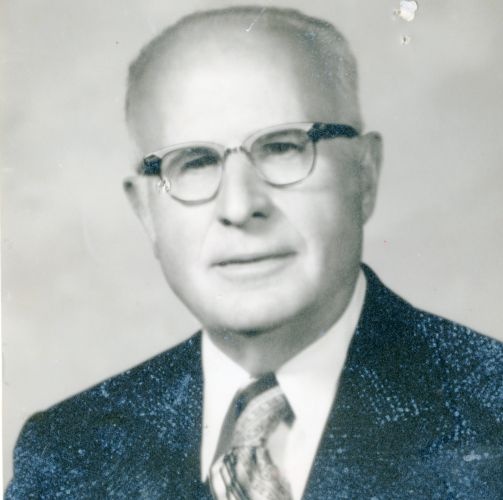
William McKenzie Bickers
Doctor, Scholar, Pioneer
- Pioneers in Health
- William and Mary, BA 1929; Medical College of Virginia, MD 1933
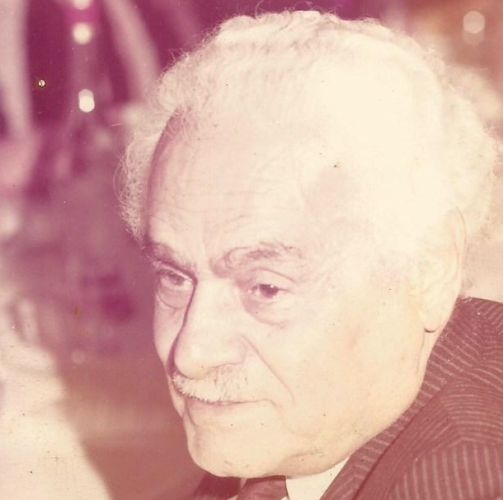
Nikula Jurjus Shahin
Science Educator, Volunteer
- Innovative Engineers and Scientists
- AUB, BA 1918, MA 1920
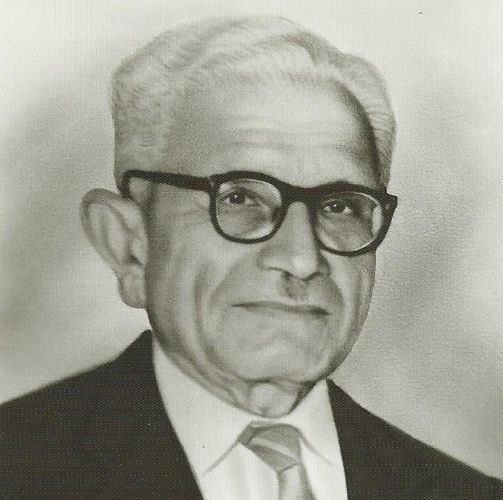
Nicholas H. Dagher
Pioneering Pharmacist
- Pioneers in Health
- AUB, BA 1915, MS Pharmacy 1920
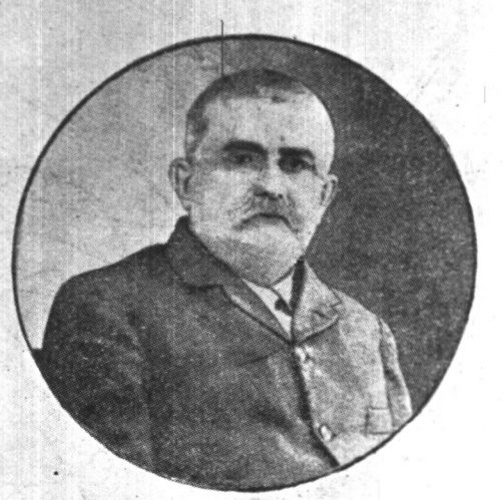
Shibli Shumayyil
Physician, Author, Social Reformer
- Activists and Public Servants
- AUB, MD 1871
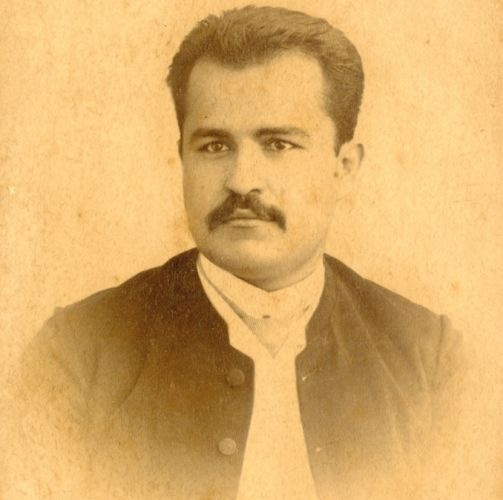
Jurji Zaidan
Novelist, Journalist, Intellectual
- Virtuoso Artists and Writers
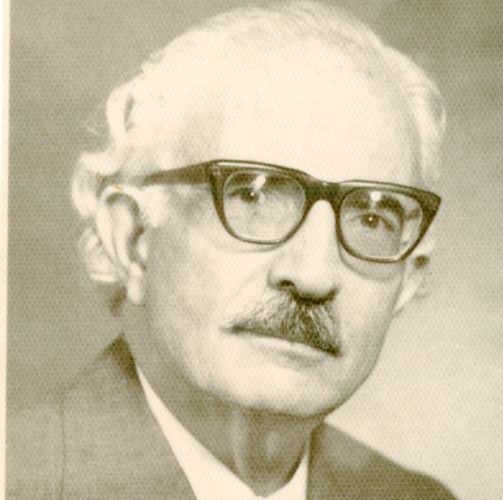
Nicolas Ziadeh
Scholar and Teacher
- Great Scholars and Teachers
- London University BA and PhD Islamic History
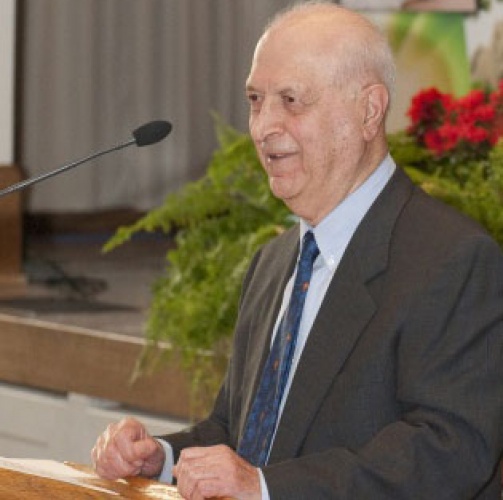
Karim W. Nasser
Engineer
- Innovative Engineers and Scientists
- AUB, BA & BSc Civil Engineering 1949; University of Kansas MS Civil Engineering 1952; Univeristy of Saskatchewan PhD Civil Engineering 1965
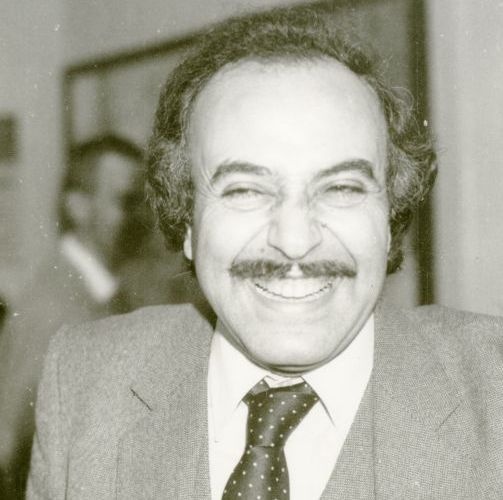
Sami Makarem
Scholar and Teacher
- Great Scholars and Teachers
- AUB, BA Literature and Philosophy 1954, MA Arabic Literature 1957; University of Michigan-Ann Arbor, PhD 1963
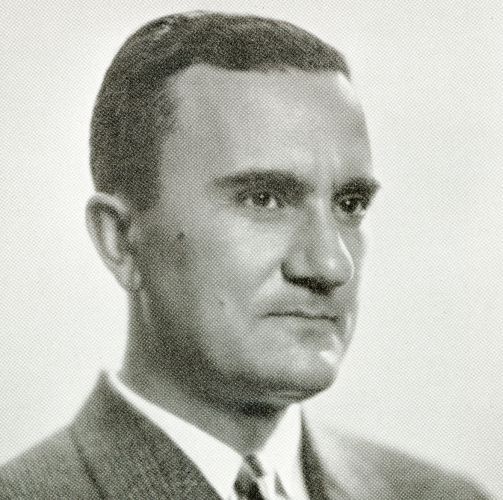
George Fawaz
Scientist, Physician, Health Advocate
- Pioneers in Health
- AUB, BA 1933, AUB, MS Biochemistry 1935, Graz University, PhD Organic Chemistry 1937, University of Heidelberg, MD 1955
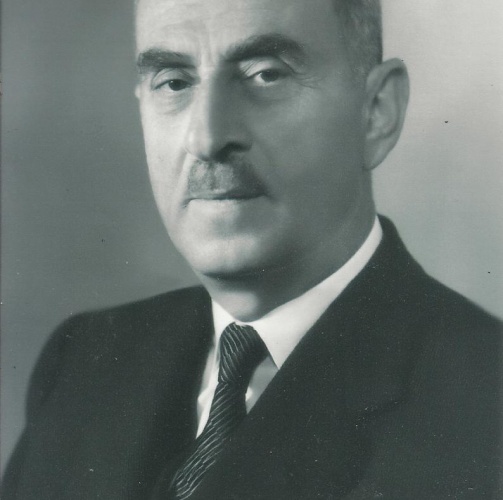
Sa'id B. Himadeh
Prominent Economist, Professor
- Activists and Public Servants
- Assistant in Treasurer's Office 1915-1920, Assistant Treasurer 1920-1923, Associate Professor of Applied Economics 1923-1938, Professor of Applied Economics 1945-1961, Emeritus Professor in Economics 1962-1992
- AUB Bachelor of Commerce 1914, Columbia University MA 1926
